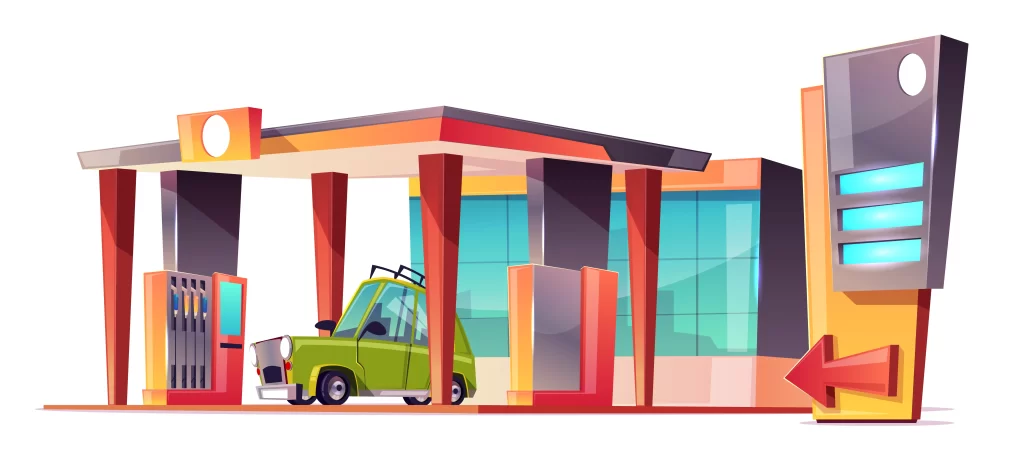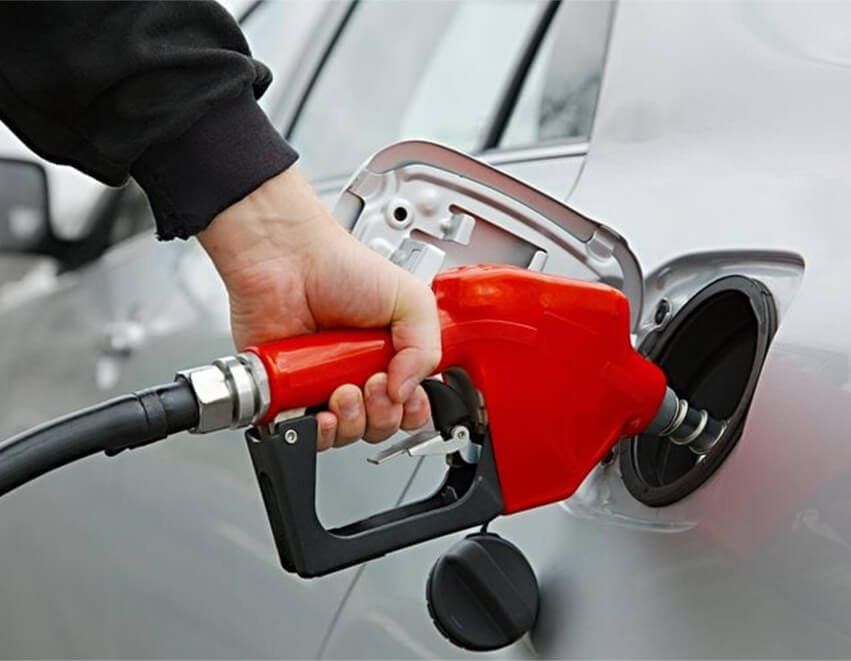Selecting the right fuel pumps involves considering fuel compatibility, flow rate, and pressure ratings. Proper choices enhance operational efficiency and reduce maintenance costs in fueling operations. Whether managing a high-volume fueling depot or simply looking to upgrade aging equipment, choosing the optimal fuel pumps is crucial. The right pumps save downtime, maintenance costs, and keep your operation […]

Selecting the right fuel pumps involves considering fuel compatibility, flow rate, and pressure ratings. Proper choices enhance operational efficiency and reduce maintenance costs in fueling operations.
Whether managing a high-volume fueling depot or simply looking to upgrade aging equipment, choosing the optimal fuel pumps is crucial. The right pumps save downtime, maintenance costs, and keep your operation flowing smoothly for years to come. Let’s explore the critical factors to weigh when investing in these mission-critical assets.
Here are a few factors you need to keep in mind while selecting a fuel pump:
Determine what types of fuels the facility needs to handle. Gasoline pumps and diesel pumps are the most common, but options like biodiesel, ethanol blends, aviation fuel, LPG, and CNG may be required.
Pumps designed for gasoline can seize up with diesel over time. Elastomers and internal materials also must withstand the chosen fuel’s chemistry and additives. Specify pumps engineered specifically for the intended application.
Flow rate, measured in liters or gallons per minute, must keep pace with site demand and vehicle fill rates. Consumer vehicle tanks may only need 40 LPM, while high-volume truck stops require 600+ LPM commercial pumps to minimize driver wait times.
Consider projected peak volume periods to avoid underpowered pumps creating bottlenecks. Oversizing slightly accommodates future growth too.
Fuel pressure varies across applications. Gasoline dispensers operate around 2-5 bar, while diesel burns most efficiently at 20+ bar. The pumps selected must safely supply necessary pressure levels.
Commercial fleet compressors often provide boosted pressure. Check pressure capabilities across the entire system, including nozzles, piping, and filters. Excess pressure strains components.
Fuel pumps contain flow meters that tally volume dispensed using rotating discs or diaphragms. Meters must consistently dispense precise amounts, often for billing purposes. Durably constructed meters with minimal moving parts ensure accuracy.
Look for gas pump with convenient calibration access to periodically adjust and certify meters remain within tolerance. Advanced diagnostic capabilities help too.
Stations handling gasoline should utilize “vapor recovery” pumps that capture toxic fumes during dispensing to prevent pollution. Some regions mandate vapor recovery by law.
Pumps certified safe for hazardous locations prevent dangerous flammable vapor ignition. Models certified waterproof and rustproof hold up in harsh climates.
Choose pumps able to integrate with advanced fuel management systems, surveillance equipment, and point-of-sale controllers onsite. Modern networks allow comprehensive pump monitoring and control via desktop or mobile interfaces.
Consider convenient programming features to configure blended fuel recipes, restrict access to select gas pump, and enable fleet/fuel card compatibility. Contactless payment, meter presets, and media screens provide a modern customer experience.
By carefully weighing key factors like flow rate, precision, and ruggedness, fueling sites can spec just the right pumps to maximize operational efficiency for years to come. Partnering with an innovative industry leader like Aocheng ensures access to the latest fully customizable pumping technology to meet your needs. Their expertise fuels excellence.
Resources:




